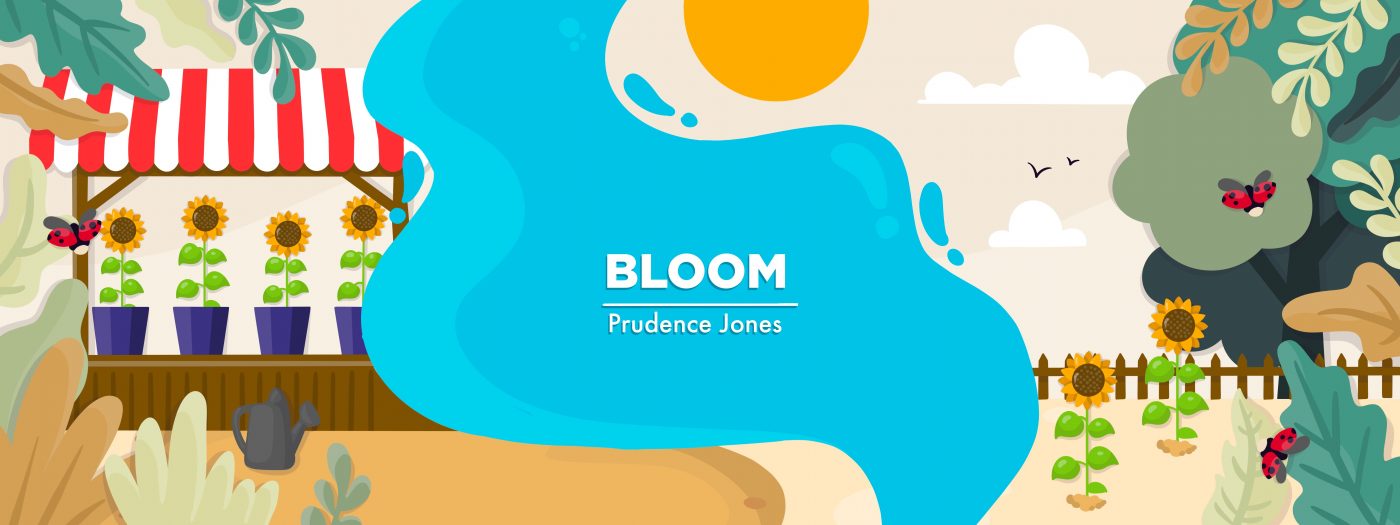The Excitement and Fear That Come With Giving Your Child a Sibling

Most weeks, I toss around column ideas with my friends and family, asking them for advice on what they think could be important or interesting for me to write about. Last week, my husband said, “Umm, how about the fact that you’re heavily pregnant and Alfie is about to become a big brother?”
So, I guess it’s time to address the elephant in the room — or should I say, the baby in my belly. I’ll admit that I’ve considered writing about this for months, but as I told my husband, I don’t actually know which aspect to focus on.
There is always a lot to consider when deciding to bring a baby into the world. However, in our situation, there is even more to think about. Many of these considerations have weighed heavily on me. I have worried about going public for fear that it would open the door to people asking personal questions, giving unwanted opinions, or perhaps even criticizing us.
However, I have decided that while I don’t want to go into too much detail about our personal thoughts and choices, ultimately, I believe every family must do what is right for them.
I want to share some of the extra decision-making that goes into growing your family when you already have a child with a disability.
I would like to preface this by saying this is very much a wanted and loved pregnancy. We are very excited to grow our family and give our 2-year-old son, Alfie, a sibling. It has been a wonderful pregnancy and I have loved watching my belly grow and listening to Alfie sing songs about “baby.” I don’t want this column to be a dampener on our wonderful and exciting news!
However, my pregnancy carries its own set of worries. I believe it’s important that I’m honest about these, in the hopes that sharing our story helps others in similar situations feel less alone.
Firstly, because my husband and I each carry one copy of the mutated LAMA2 gene, there is a 1 in 4 chance with every pregnancy that, like Alfie, our child will be affected by LAMA2-related muscular dystrophy.
Conceiving with this in mind will look different for each family. Some families may choose not to do anything, fall pregnant naturally, and not do any testing until the baby is born to find out if he or she is affected. Others may choose to undergo invasive diagnostic testing while pregnant, such as chorionic villus sampling or amniocentesis. Some may choose to conceive via in vitro fertilization, in which the embryo can be genetically tested before implantation.
We do know that this baby is not affected by LAMA2-related MD. In fact, he or she is not even a carrier like my husband and I are. While this result is obviously a blessing, it means we will have to learn to juggle children with differing abilities.
I worry that I have become so accustomed to raising Alfie that I will have no clue how to raise a typical child. (What do you mean I can’t just pour dinner down a feeding tube if my child refuses to eat?!) I have no idea what it’s like to baby-proof my home.
I think of all the milestones we missed with Alfie, and how they will be so bittersweet this time around. I worry how it will feel for Alfie to watch his younger sibling learn to walk, and how to explain why he has to do all of the therapies that they don’t. How do I explain to this child why Alfie will always need me more?
I feel like I mostly have things under control with Alfie, but it’s busy. How on earth will I keep all these plates spinning when another child enters the picture?
Mostly, though, I’m trying not to think too much about it (easier said than done). I hope that all these thoughts are just that — worries and fears about the unknown. I think a second baby will double our hearts and prove that a sibling is the best gift you could ever give a child. I am sure that life with a newborn and a toddler with a disability will be a challenge at times, but it’s one I am so grateful to have been granted.
***
Note: Muscular Dystrophy News is strictly a news and information website about the disease. It does not provide medical advice, diagnosis or treatment. This content is not intended to be a substitute for professional medical advice, diagnosis, or treatment. Always seek the advice of your physician or another qualified health provider with any questions you may have regarding a medical condition. Never disregard professional medical advice or delay in seeking it because of something you have read on this website. The opinions expressed in this column are not those of Muscular Dystrophy News or its parent company, Bionews, and are intended to spark discussion about issues pertaining to muscular dystrophy.








Leave a comment
Fill in the required fields to post. Your email address will not be published.